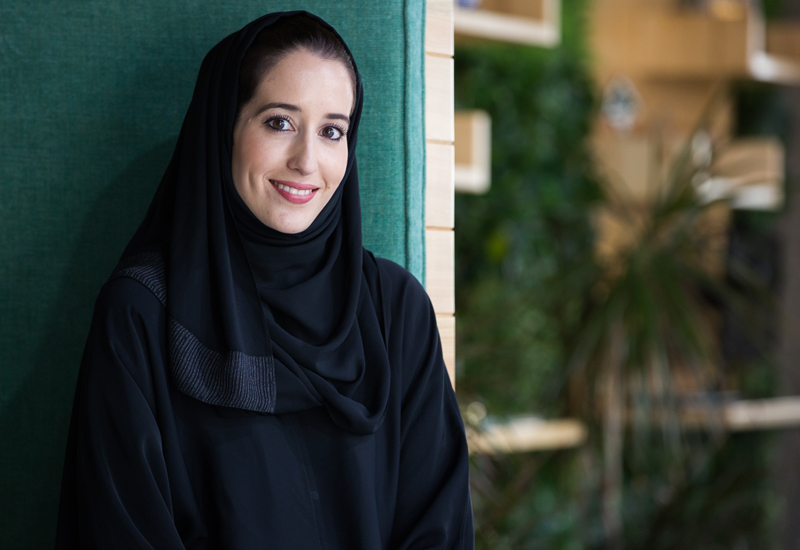Laila Mostafa Abdullatif, the director general of Emirates Wildlife Society — WWF, is one of the judges at the Dubai Sustainable Tourism Awards. She tells Hotelier Middle East why this is important for the travel and tourism industry.
Tell us about why you’re involved with the Dubai Sustainable Tourism Awards, and why it’s important for the travel and tourism industry?
We found that there was a great synergy behind the context of the awards and our raison d’etre. EWS-WWF is a science-based civil society organisation, and our role in the Dubai Sustainable Tourism Awards will see us lend our expertise as both a jury member on the Dubai Tourism Awards, and for the development of educational tools, such as the hotel energy and water board game.
The travel and tourism industry is important to EWS-WWF. The industry is extremely reliant on the natural environment, and has a consequent ability to cause a direct and significant environmental impact — whether that be positive or negative. It also has potential to drive large-scale change, through both hotel guests and suppliers.
These awards are important because they celebrate and encourage UAE hotels that are taking charge in finding innovative solutions that actually work, and to publicly share — and celebrate — their efforts to inspire others and learn from their peers.
In fact, the awards encourage hotels to take sustainability beyond their own operations and engage with the community and high impact conservation projects led by local environmental NGOs.

| Advertisement |
What advice would you offer the industry in terms of how to be sustainable?
As a first step, we encourage all entities involved in the travel and tourism industry to understand their unique material impact on the environment and build a plan to reduce any associated negative risks while also saving on costs.
For example, hotels can perform a comprehensive audit in and around their premises to assess the full scale of their relationship and impact on the environment, taking into consideration the complete life cycle of the hotel: from design, to siting, construction, and management.
We’ve witnessed a growing international trend towards nature-based adventure, conservation and ‘eco-holiday’ tourism in recent years; this is an important shift that we believe will be an important driver of tourism for the UAE’s future, given its own diverse biodiversity offerings. For example, the UAE boasts beautiful deserts, mountains, wadis, coasts, islands and seas — all of which are teeming with life.
Furthermore, the marine environment is an integral part of our cities (mangroves, for example, are protecting our houses) and is undoubtedly supporting the diversification of the tourism sector, with popular activities such as snorkeling, diving, fishing, and water-based activities like kayaking and sailing.
Unfortunately, while we have enjoyed the coast and seas, we have also taken it for granted. The UAE’s coastline has been modified or developed — and increased coastal activities can have a detrimental impact on water quality, as well as critical marine species and habitats, which in turn can have a negative effect on recreational activities that the tourism sector relies so much on.
This makes it all the more important for the industry to operate and promote sustainable practices directly affecting the coast and seas, and to ensure that the industry as a whole plays its role to conserve and protect our marine environment for the benefit of society, visitors and the economy alike. A healthy marine environment is essentially an ‘asset’ for the tourism industry, and nature conservation is at the best interest of a successful and sustainable business in the tourism sector.
Thus, we recommend that hotels help raise awareness about sustainable practices by engaging the wider community about these broader issues, including the sustainable practices that have been incorporated into a hotel’s products and services.
Additionally, hotels and other entities can support local organisations, such as EWS-WWF, which are driving large-scale sustainability and providing the tourism industry with the tools needed to advance their own sustainability.









 Search our database of more than 2,700 industry companies
Search our database of more than 2,700 industry companies









